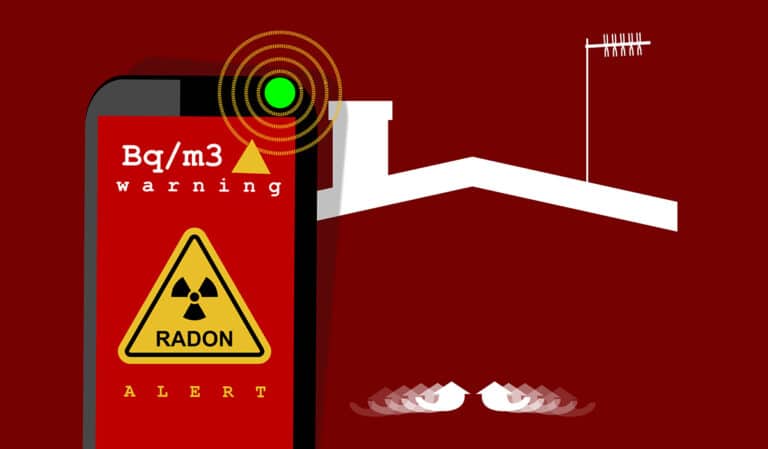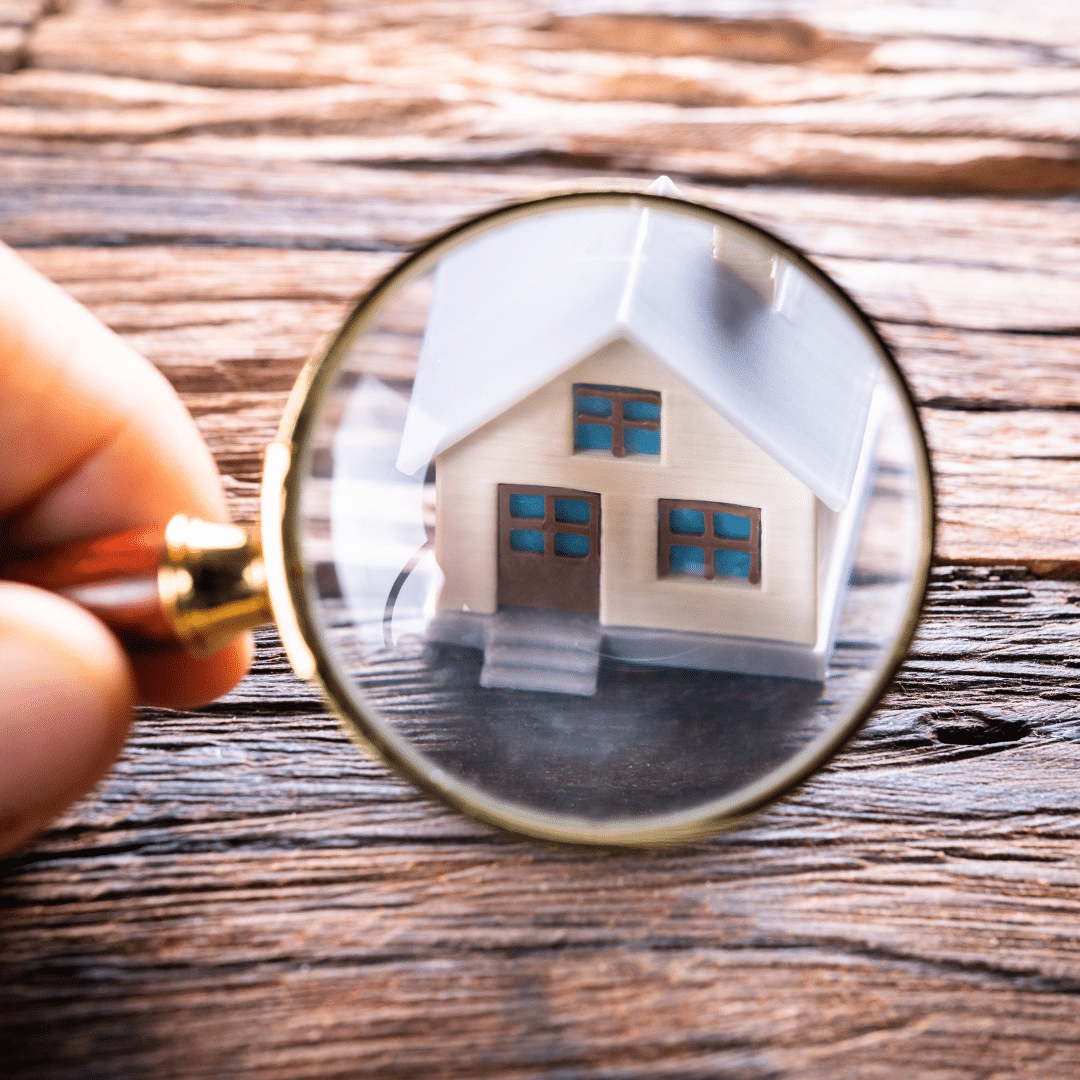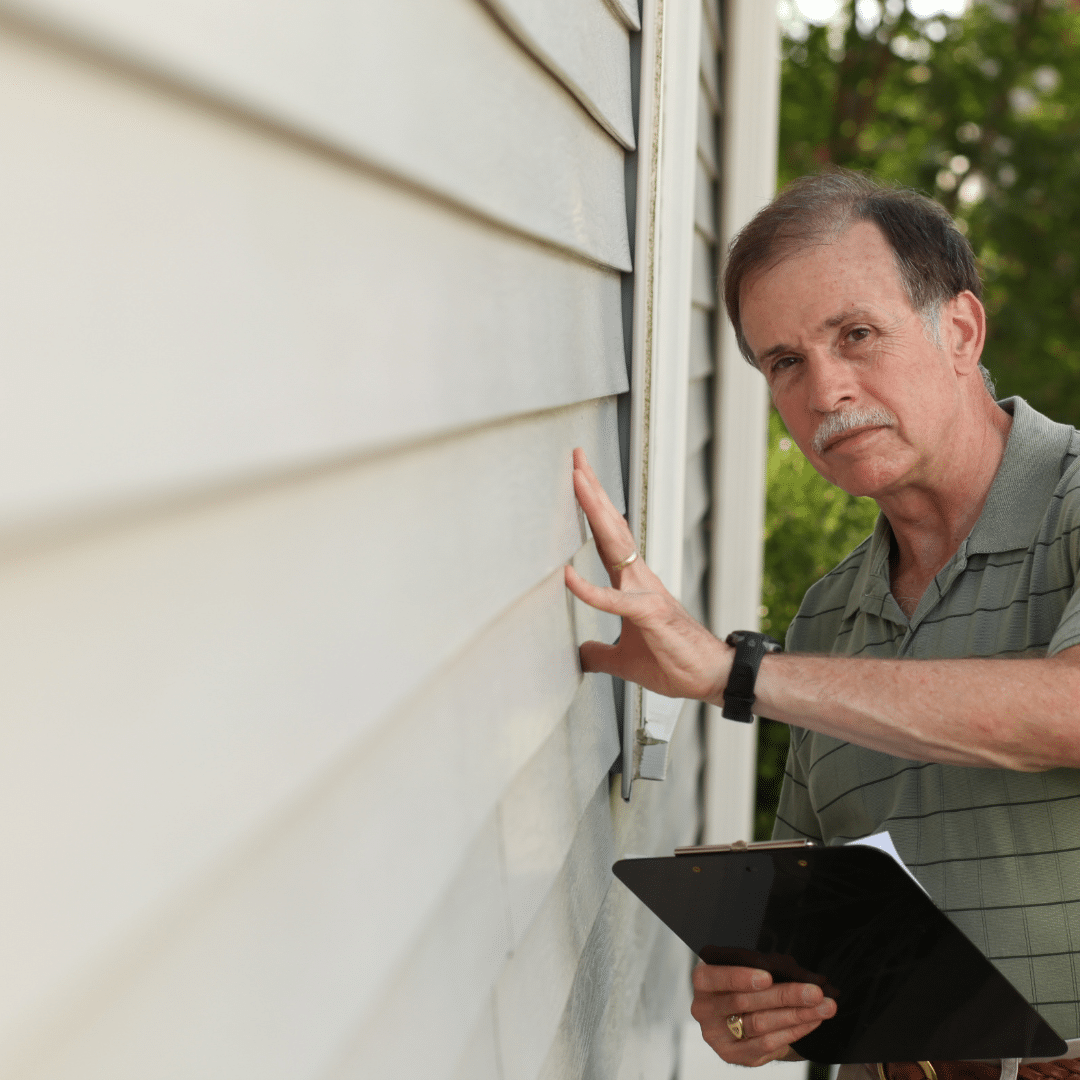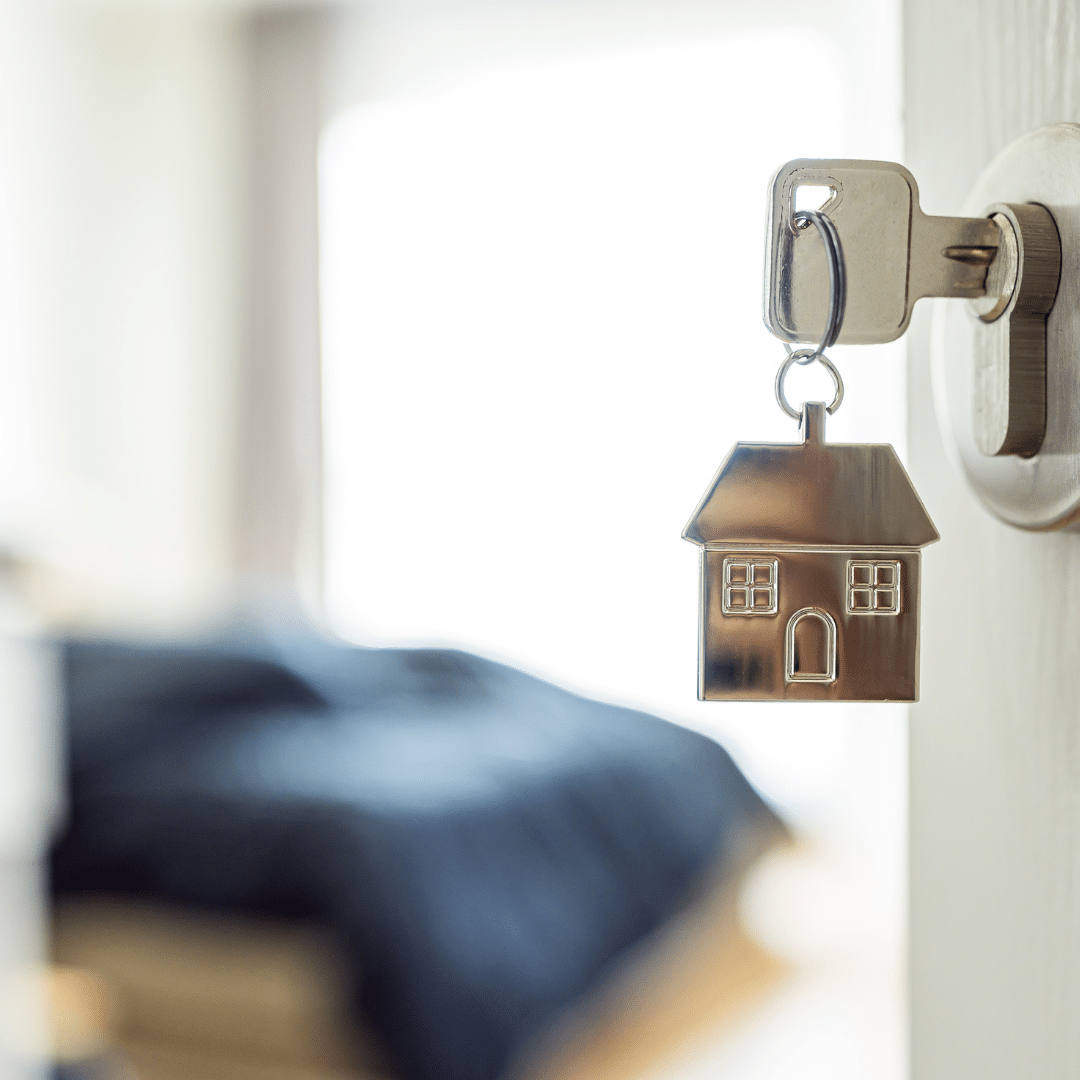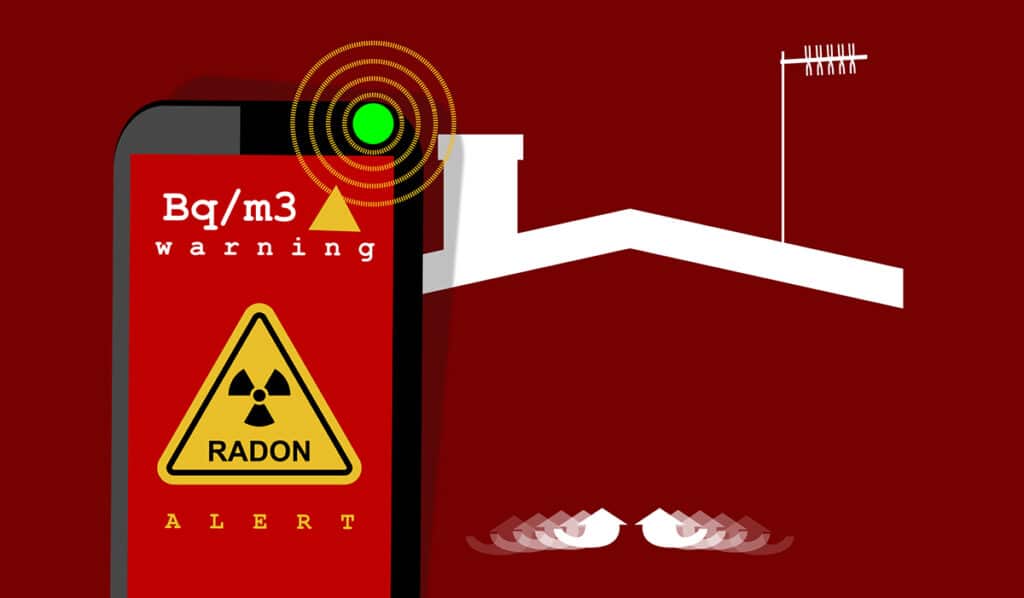
What if I told you there was a simple way to detect and remove one of the leading causes of lung cancer? There is! Radon testing and remediation are easy when done correctly. The EPA recommends testing for radon gas every two years. This inexpensive inspection can protect against long-term health problems. But, why is radon testing and remediation important in Colorado?
What is Radon?
Radon is a hidden danger lurking in many homes in Colorado. This colorless, odorless gas is a byproduct of the breakdown of uranium in the soil. It seeps into homes through tiny cracks in the foundation.
The Dangers of Radon
Radon is the leading cause of lung cancer for non-smokers. Exposure comes from being inside buildings and breathing in the colorless, odorless gas. High levels of radon can be found all over Colorado. In fact, about half of all homes in the state have surpassed the EPA recommended level. Radon comes from the breakdown of uranium in granite deposits which we have a lot of in The Rocky Mountains.
How to Test for Radon
You can order detection kits online or purchase them from local hardware stores. Place the detectors on the lowest level of your home. Short-term tests collect data for a few days, then you send it off to a lab and wait for results. Long-term kits take a few months and give more accurate results of radon levels throughout the year. Likewise, Professional contractors can also install devices that measure levels. In addition, diagnostic testing finds airflow and possible radon routes in the home. Be sure to hire a certified professional so you know the reading is accurate.
How to Get Rid of Radon
You can’t avoid all radon exposure. But there are remediation methods that bring the gas to an acceptable level. The most effective way is subsurface depressurization systems. And there are two kinds of strategies you can use depending on the home’s foundation. Sub-slab is for buildings with concrete floors. Whereas sub-membrane is used with earthen or gravel crawl space.
Sub-slab depressurization systems take time, so a contractor can also implement immediate radon reduction. For example, house pressurization and ventilation let the gas safely dissipate into the atmosphere.
Why is Radon Testing and Remediation Important in Colorado?
You can’t smell or see radon gas, so testing is the only way to know if your home has radon. Radon levels fluctuate from season to season. So, back to the question at hand, why is radon testing and remediation important in Colorado? In the end, the answer is to protect your family from the harmful effects of radon.
Soon, the state of Colorado will require home inspectors to be certified in radon testing and remediation. We’re ahead of the game because Jim has been licensed for over 20 years! To learn more about radon testing and remediation in Colorado Springs, call 719-491-1520.


